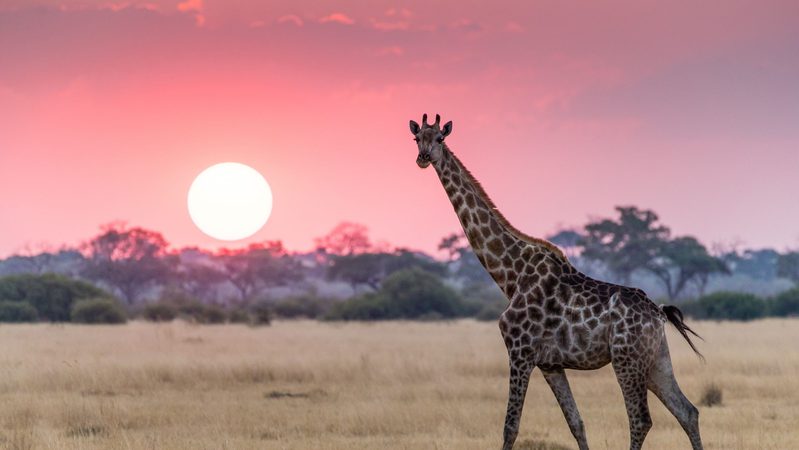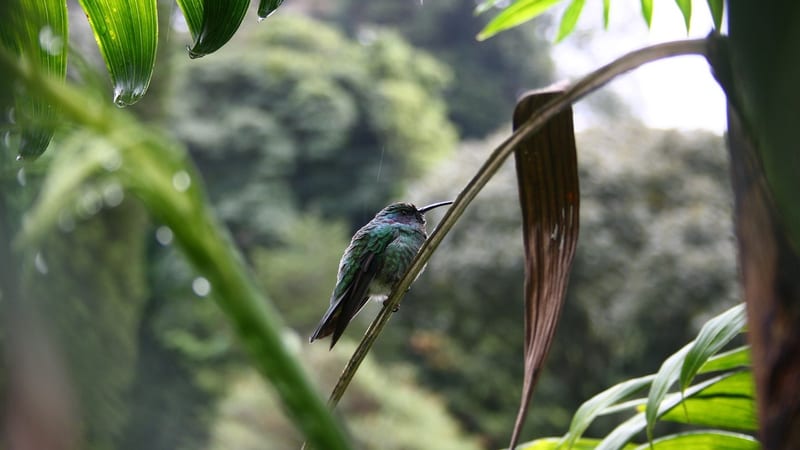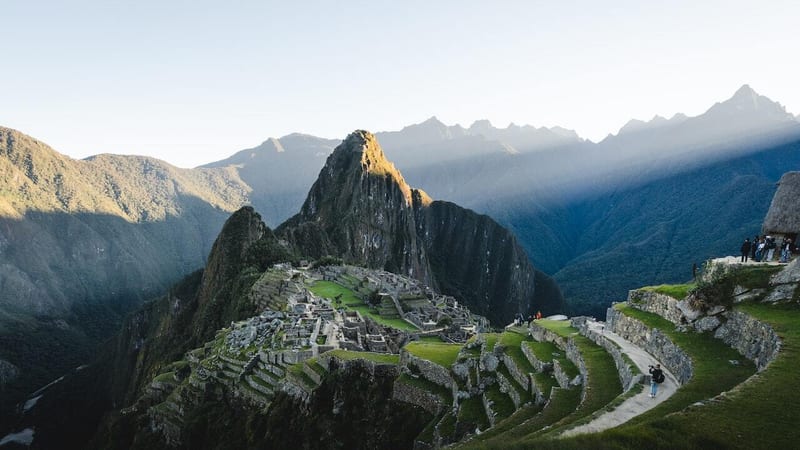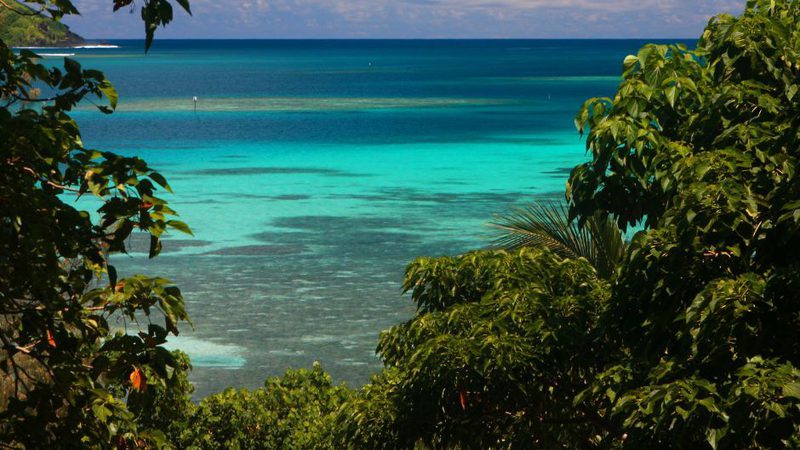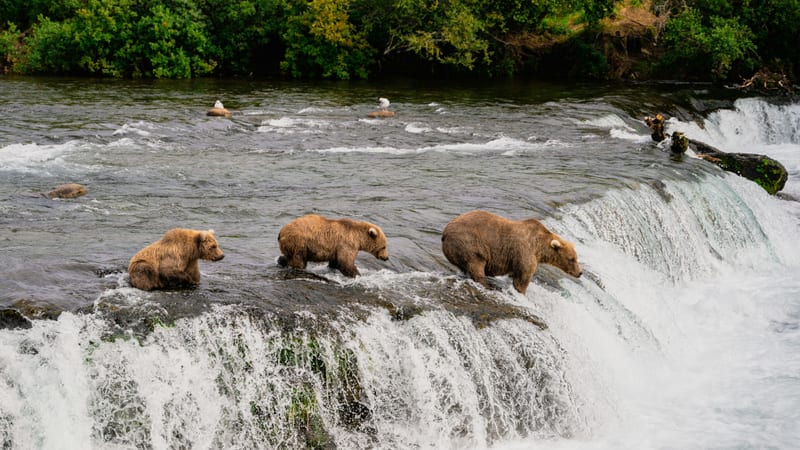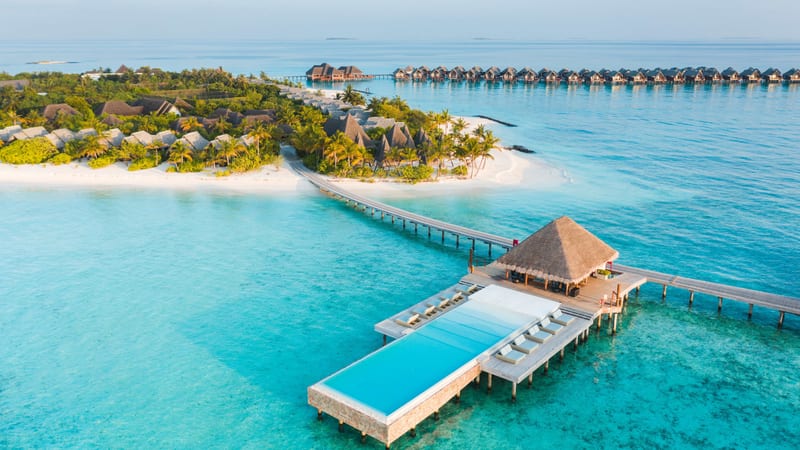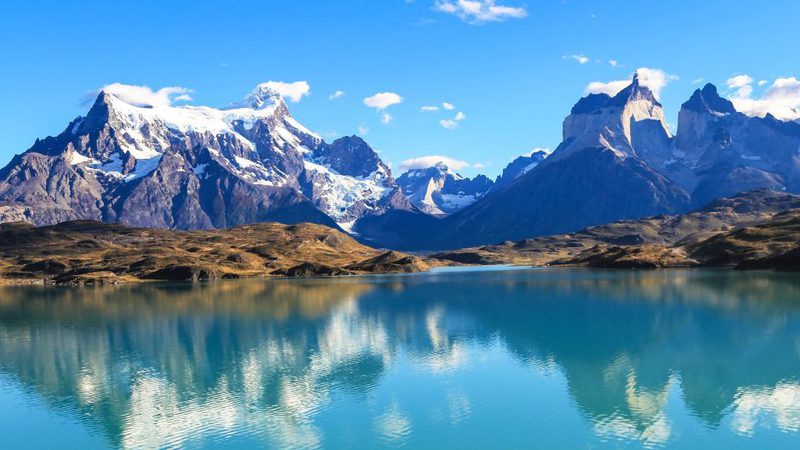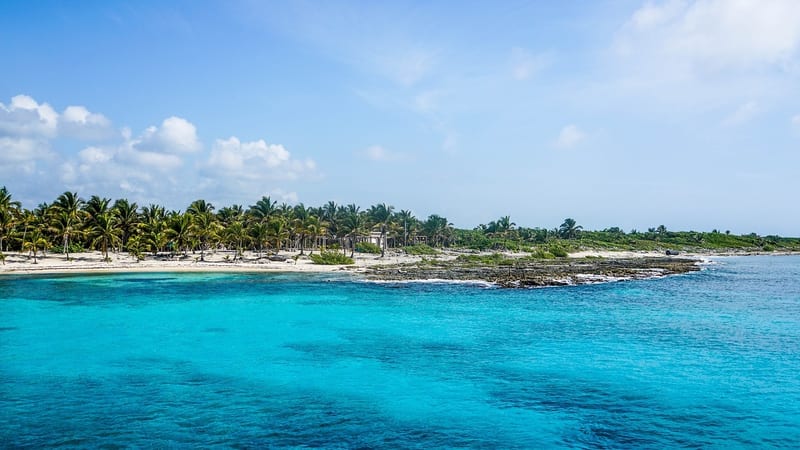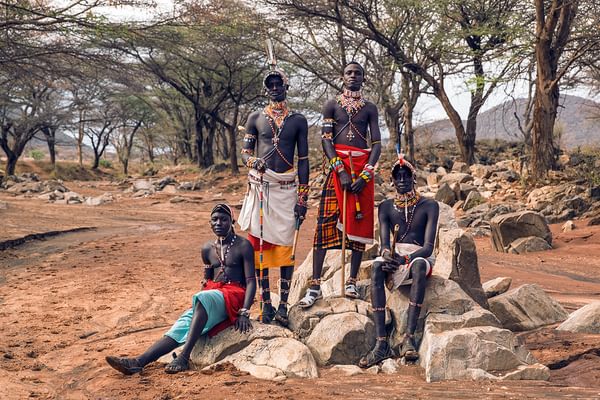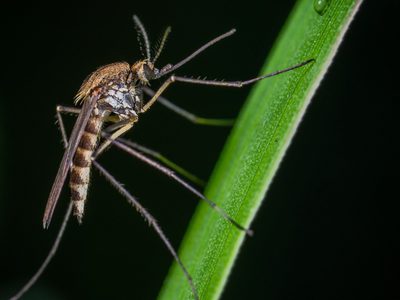
Malaria is shrinking. It has now been eliminated from over half of the world's countries, and every year the areas affected by this disease and the number of reported cases are reducing.
Which is great news if you're heading to Africa for a safari!

So what is Malaria?
Malaria is a potentially life-threatening blood disease caused by a parasite carried by mosquitoes. It is transmitted to humans by mosquito bites, and symptoms can include things like fever, chills, headaches and vomiting. However, it's important to remember that only mosquitoes that have bitten a person with malaria will be carrying the parasite, and that this is much more likely in areas with a high population density than the more rural wilderness areas where you'll be heading on safari. Malaria can be treated if caught soon enough, but it's a serious illness and if left can sometimes be fatal. Historically, communities in Africa have suffered terribly from malaria, and it's often one of the first concerns that travellers have when considering a safari holiday.
However there's no need to worry. Malaria is on a global decline.
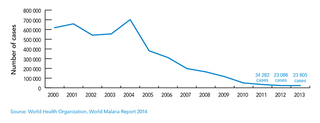
How is Malaria shrinking?
One of the main challenges to completely eradicating malaria is cross-border transmission. Education has played a key part in the global downward trend of malaria occurrences, and many regions and countries are now working together to try and prevent future spread of the disease. A couple of successful regional initiatives include the Elimination 8 (E8) and the Africa Leaders Malaria Alliance (ALMA), both of which are working hard towards Africa's malaria elimination goals.
As a result, over the last 15 years there has been a clear decline in the incidences of malaria, and between them the countries of Algeria, Botswana, Cape Verde, Mayotte, Namibia, São Tomé and Príncipe, South Africa, and Swaziland have collectively achieved a 95% reduction in cases.
“There are some destinations in Africa that are now malaria-free, and indeed all across the continent the disease is on the decline.”
General malaria-free safari and beach destinations in Africa are:
The main malaria-free safari areas are:
- Madikwe and Waterberg areas of South Africa
- The Western Cape in South Africa
- The Eastern Cape in South Africa



Have a look at this interactive Malaria Map to see just how the disease has been disappearing over the last 15 years - use the slider at the bottom to see the dangerous red areas shrink, it's pretty impressive! These maps below are a snapshot illustrating just how much malaria has been declining.
Map Legend: Red indicates the highest prevalence of malaria whilst blue shows areas least affected.


And if Malaria is still present where I'm going?
If you are visiting an area where malaria remains present, then there's still no need to panic. Not all mosquitoes are carriers of the parasite, and the chances are you'll be totally fine. It is a good idea to take precautions such as wearing long clothing at dusk, and using repellent containing DEET, or more environmentally friendly citronella. Often locals might have their own methods of preventing mosquito bites so ask your safari guides what they do!

Anti-malarial medication can also be taken as a preventative measure. You should always seek advice from a healthcare professional for up to date information on malaria zones and which pills are right for both you, and the destination you are visiting. Some people choose not to take anti-malarials, and often they're not needed for many safari destinations in Africa.
Hopefully one day the world will be malaria free, but in the meantime we can still enjoy Africa without having to worry.

